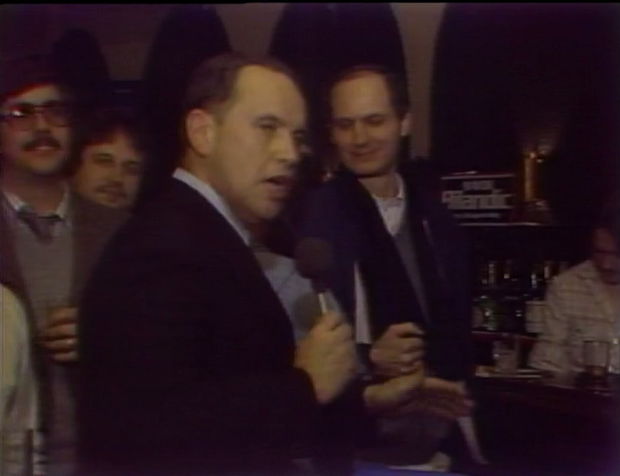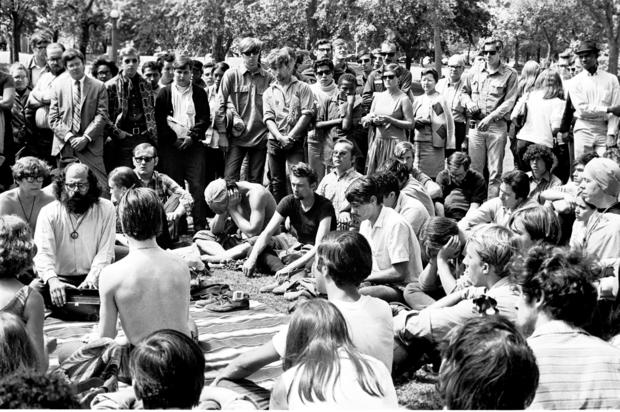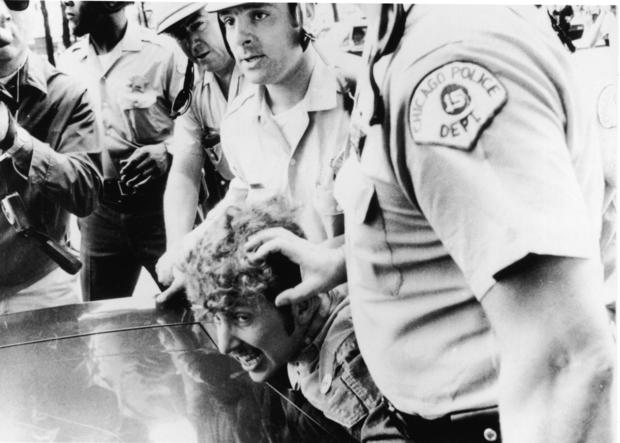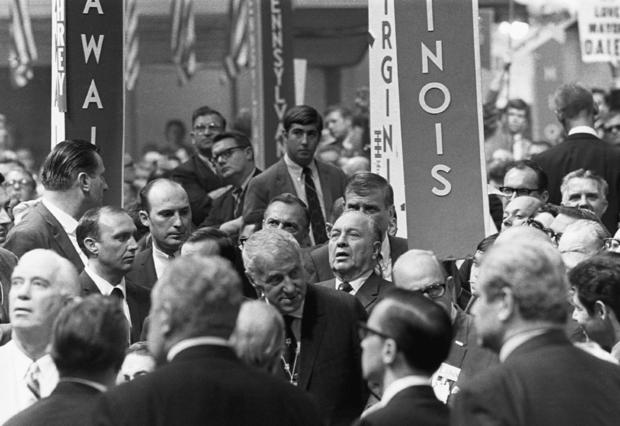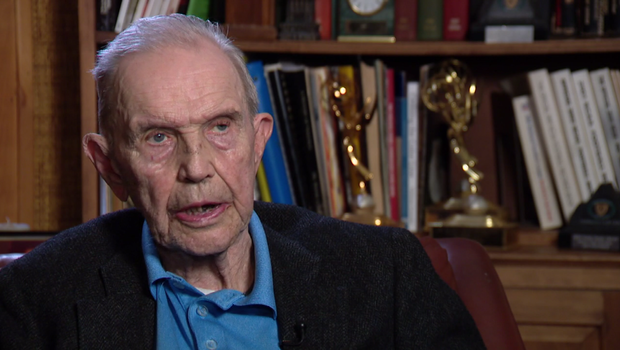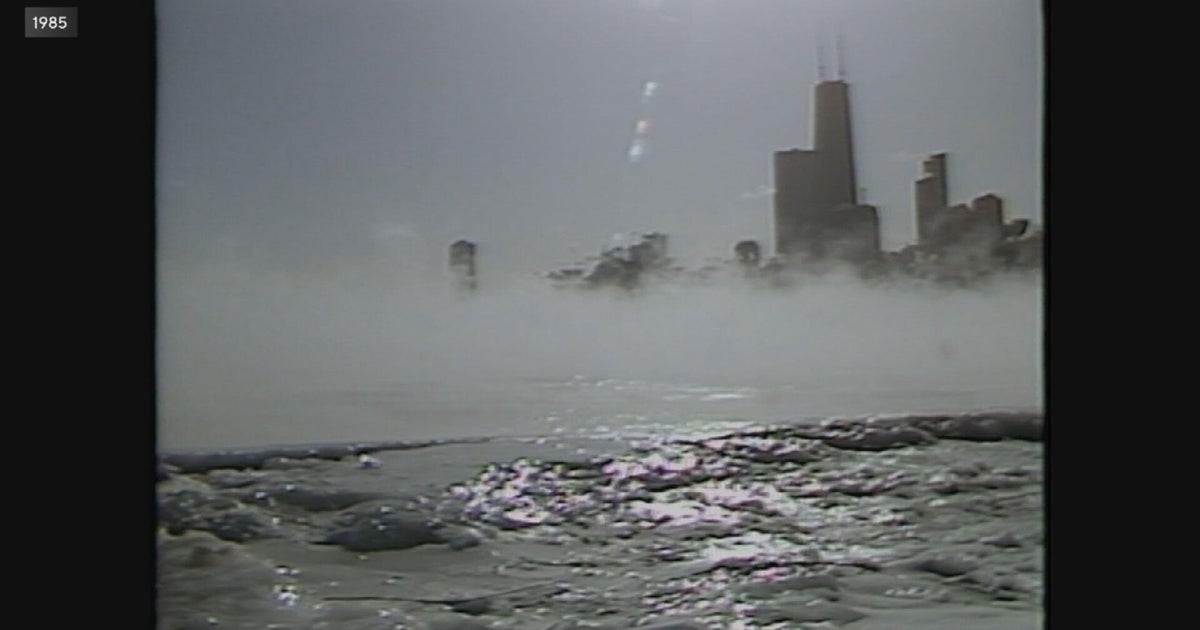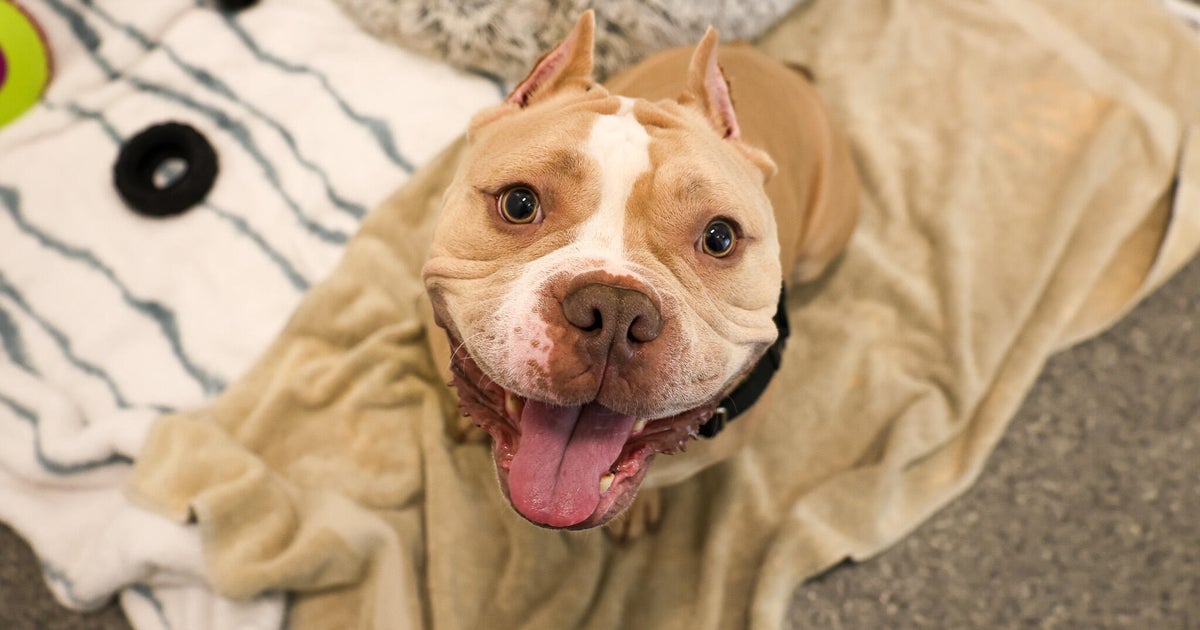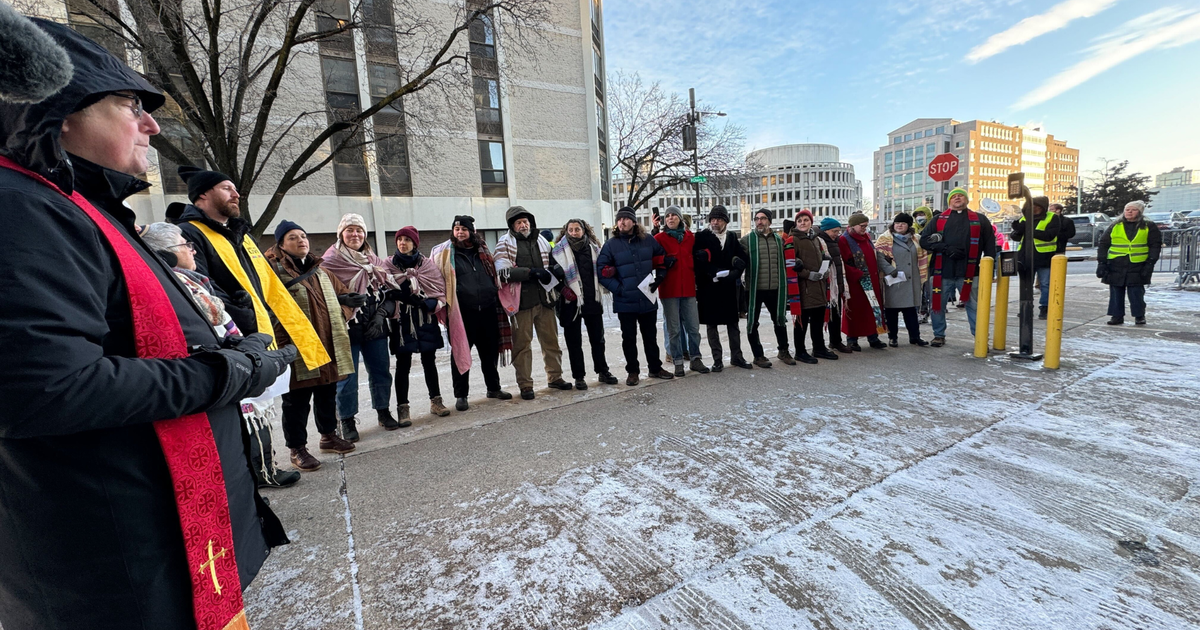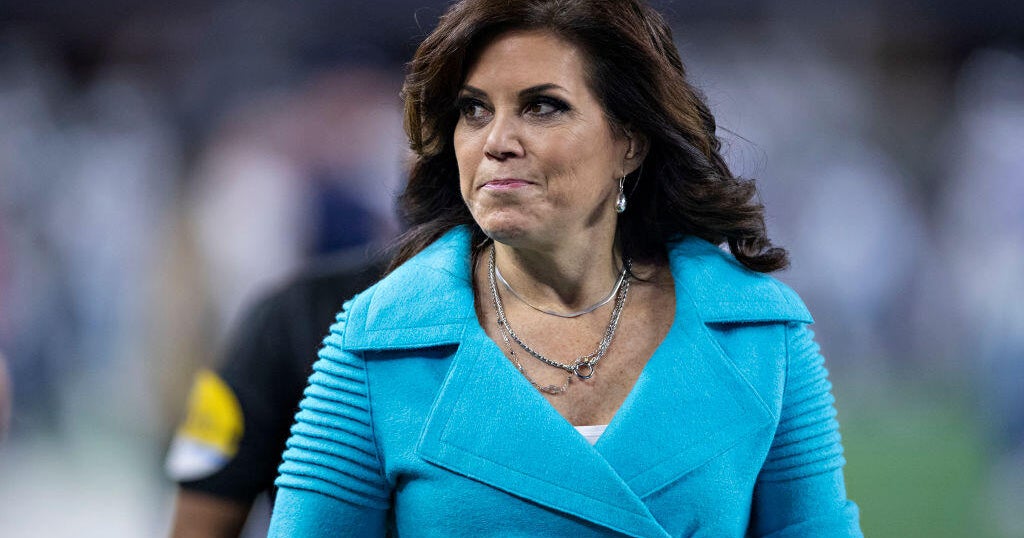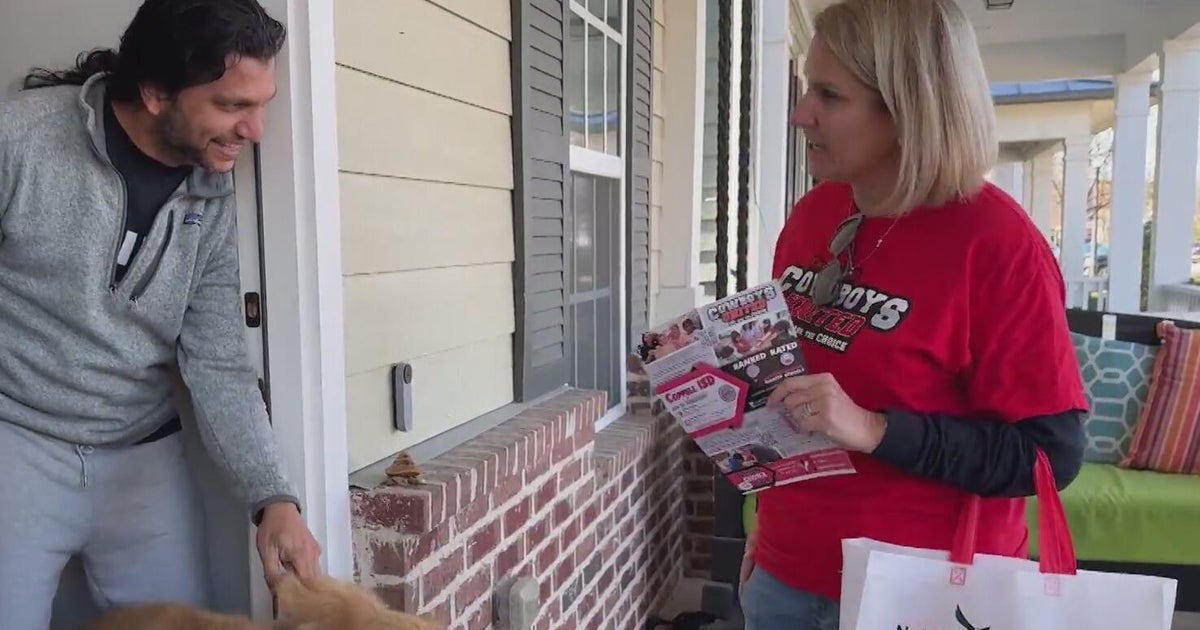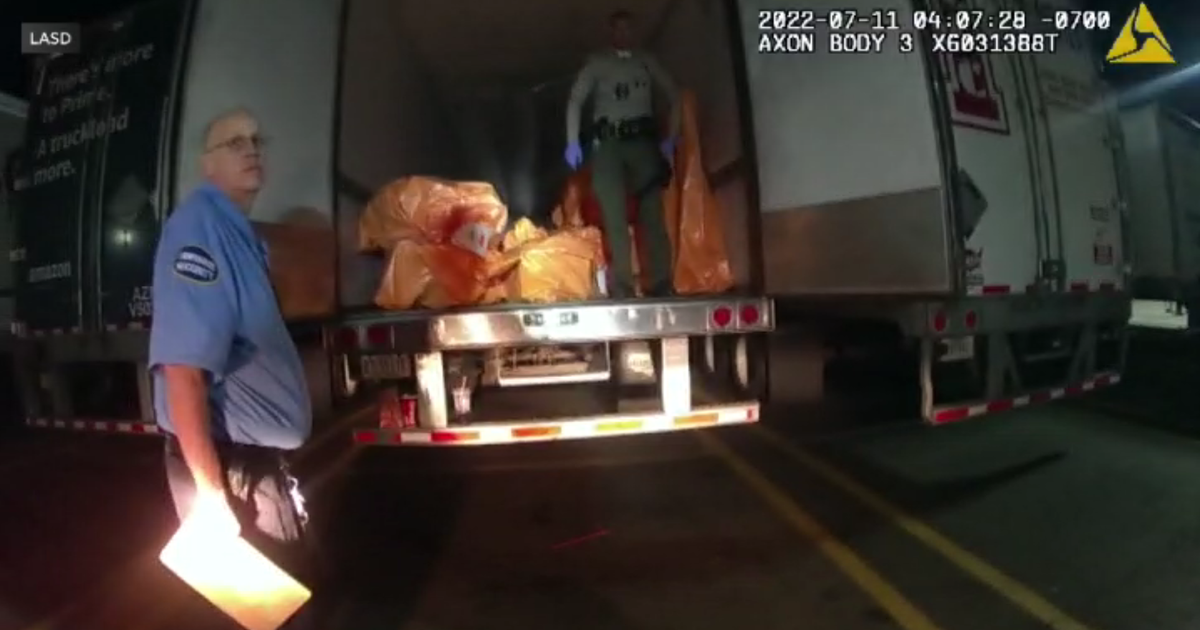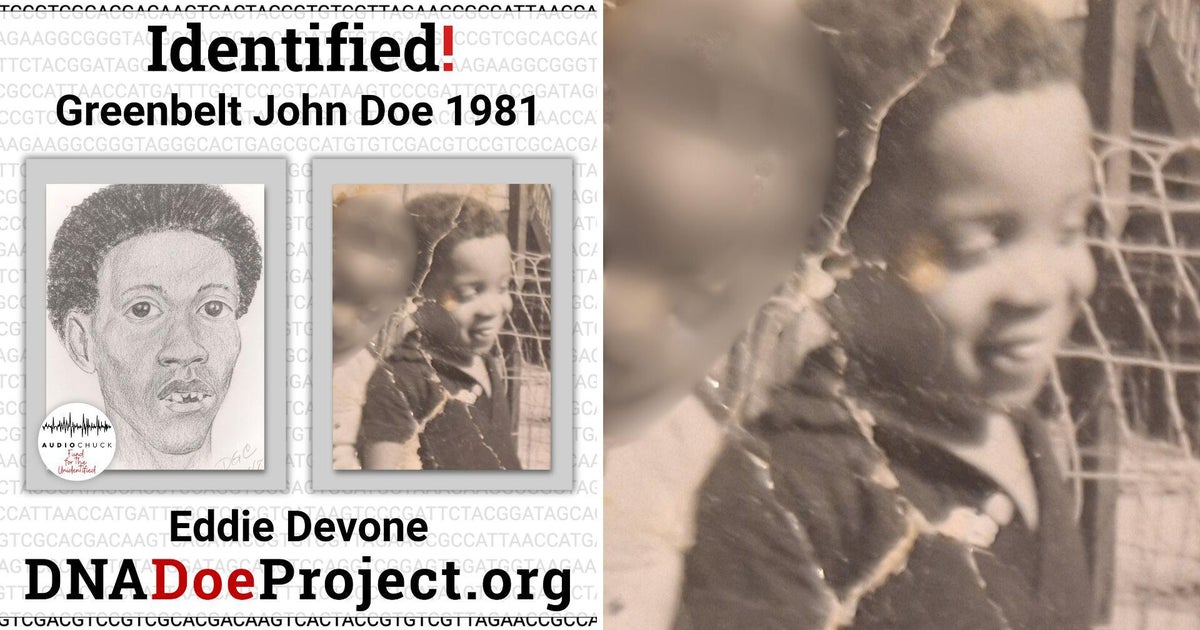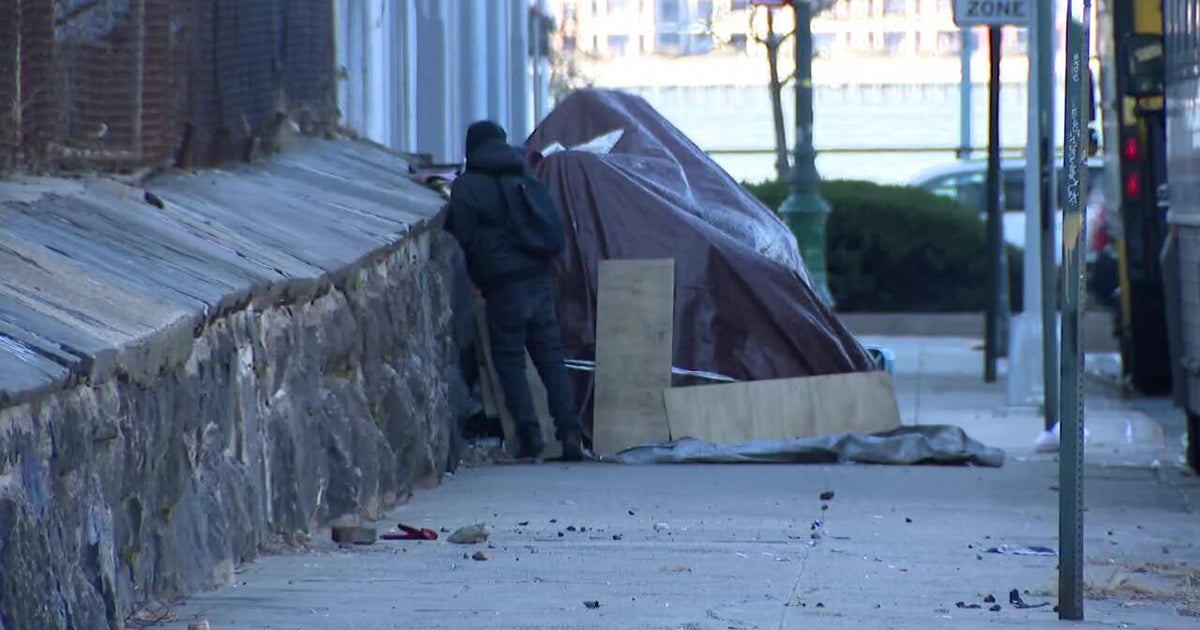The chaos of the 1968 Democratic National Convention: Retired CBS Chicago reporter John Drummond remembers
CHICAGO (CBS) -- Fifty-six years ago, the events of one week in August stained Chicago's image around the world—anti-Vietnam War protests, and the police response to them, during the Democratic National Convention.
John "Bulldog" Drummond was there for it all. He is known to generations of Chicagoans as a television news legend at CBS Chicago, WBBM-TV, Channel 2—famously covering the organized crime beat and all sorts of other crooks and capers, hoodlums and heists, scalawags and seedy enterprises—and also filling in on the anchor desk or on sports.
But the 1968 Democratic National Convention happened a year before Drummond started at CBS Chicago—at the time, he was a young street reporter for WIND radio.
Drummond was 38 years old at the time, and he felt the tension in the city in the weeks leading up to the Democratic National Convention.
"A lot of the people—the powers that be—were sort of on edge. Here was the convention coming to Chicago, with knowing there would be some they called radicals at that time—those who wanted to cause a disturbance—causing problems," Drummond said, "and so the city was really on guard."
The year 1968 was already inflamed. After the assassination of Dr. Martin Luther King Jr., riots erupted across the country—including Chicago. U.S. Sen. Robert F. Kennedy, running for president, was murdered two months later.
Meanwhile, anti-Vietnam War protesters were taking to the streets across the country. Thousands promised to be in Chicago for the DNC.
Clashes between protesters and police seemed inevitable, as Mayor Richard J. Daley was determined to contain the demonstrations.
"The Daley administration did not want to repeat the disturbance they had in '68 when Dr. King was assassinated," Drummond said. "They were going to clamp down on that before things got out of hand."
Drummond said some city officials even warned reporters to be careful how they dressed.
"Television, radio, newspapers—that if you're going to cover the convention, wear a sport coat, keep your hair short so you don't look like a hippie," Drummond said. "So they were obviously figuring at that time, they want to know who was friend and who was foe—and apparently, a guy with long hair was a foe."
The 1968 Democratic National Convention took place from Aug. 26 through Aug. 29. Protesters gathered in Lincoln Park and Grant Park, and police cracked down.
"That's when all hell broke loose," Drummond said. "That's when the sticks started flying."
In Grant Park, an officer shouted at the young Drummond as he stood by his news car, trying to cover the unrest there.
"I remember the guy took a billy club, and he slammed it on the door. He said, 'Get the hell out of here!'" Drummond said. "So I immediately turned Caspar Milquetoast and left the scene."
Later in the week, Drummond returned to Michigan Avenue and Balbo Drive—outside the Chicago Hilton and Towers, then known as the Conrad Hilton, where delegates were staying. There, Drummond saw with his own eyes what millions would see on television.
Right there in the street, police and National Guards troops were mobilizing. There were fights, bloodshed, and mass arrests.
"Then they would come from both ends, with sticks flying. If you're in the middle of that thing, 'Katy bar the door!' to put it mildly," Drummond said. "So we headed—myself and Mr. Mooney, the program director—we ducked down an alley and hid behind a garbage can. So we missed the sweep."
Inside the convention hall at the International Amphitheatre, formerly at 4220 S. Halsted St., Democrats and the media decried how Mayor Daley Sr. and the city handled the protests. In a speech calling for the nomination of U.S. Sen. George McGovern (D-South Dakota) for the top of the ticket, U.S. Sen. Abraham Ribicoff (D-Connecticut) ripped into the police tactics seen on Chicago's streets.
"With George McGovern as President of the United States, we wouldn't have to have Gestapo tactics in the streets of Chicago," Ribicoff said in the Aug. 28, 1968 speech. "With George McGovern, we wouldn't have a National Guard."
Mayor Daley Sr. was furious and was seen on camera yelling at Ribicoff for the remark.
"Our police department is the greatest police department in the United States," the mayor said from the convention floor, "and the men in it are all family men, and decent men, and they don't respond with any undue violence."
All these years later, Drummond has an empathetic view of the officers that week.
"The police overreacted. We know that—the so-called police riot, it was called," Drummond said, "but again, bear in mind, the heat, and you're working long hours—and then on top of it, not just verbal abuse you're taking standing in those lines in Grant Park, but you're taking projectiles thrown at the police officers."
Vice President Hubert Humphrey was nominated as the Democratic candidate for president—he went on to lose to Republican Richard M. Nixon.
Meanwhile, federal prosecutors went on to charge eight organizers of the protests during the 1968 Democratic National Convention in Chicago—Jerry Rubin, Abbie Hoffman, Tom Hayden, Rennie Davis, Bobby Seale, Lee Weiner, John Froines, and David Dellinger—with crossing state lines to incite a riot. Seale's case was declared a mistrial, and the Chicago Eight became the Chicago Seven. Five of the defendants were convicted at trial, but eventually, all the convictions were overturned.
In 1996, Chicago hosted another Democratic Convention—this time at the United Center—where President Bill Clinton was nominated for a second term. The 1996 convention was peaceful, and the city won high marks for its hospitality.
But today, with deep political divisions in the country and protests over the war in the Middle East, there are fears as this year's DNC approaches.
Drummond, now 94 years old, is more optimistic.
"I had the lunch the other day with some guy who said it was doomsday the way he looked at what's going to happen at the convention," Drummond said. "I disagree with that. I don't think it's going to be that. There's going to be some problems, but I don't think it'll be as bad as it was in '68. No."
The reason, he said, is because of the lessons learned in the 56 years since that infamous convention.
"The police learned the tricks of the trade that time, and they're going to implement that—no denying that, I think," Drummond said.
An estimated 10,000 protesters were in Chicago during the '68 DNC. There were more than 500 arrests, and a total of 120 officers and 100 protesters were hurt.
The lessons learned that week were on display during the 1996 Democratic Convention and the NATO Summit in 2012, where police were praised for controlling protesters with restraint.
